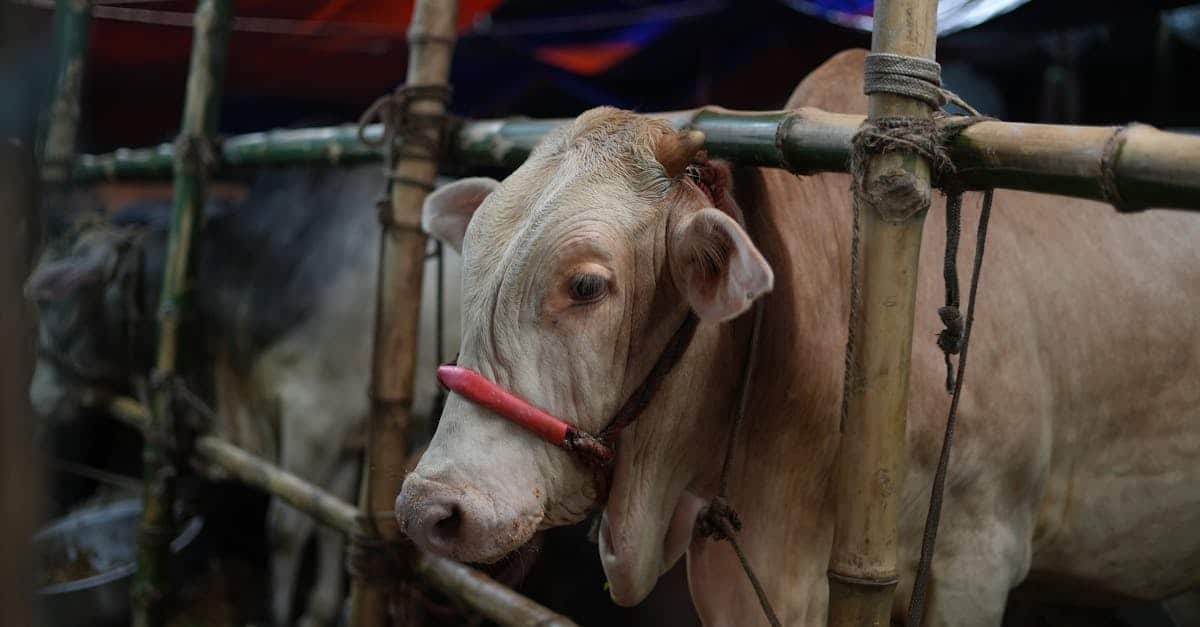The food obligation represents a crucial legal mechanism within family law, aimed at ensuring financial support to members of the same family in need. This concept, rooted in the French Civil Code, applies between different degrees of kinship, notably between parents and children, spouses, and adopters and adoptees. Beyond its simple definition, the food obligation raises considerable social, economic, and legal issues, reflecting the changes in family relationships and contemporary challenges related to intergenerational solidarity. Its implementation and regulation are essential tools to ensure the well-being of vulnerable individuals within society.
The food obligation is a legal concept that designates the duty for a family member to provide material assistance to another member in need. This mechanism is based on the principle of family solidarity, rooted in the Civil Code of France, notably in articles 205 to 211. It is an obligation that is triggered when one family member finds themselves in a precarious situation and cannot meet their essential needs, such as housing, food, and clothing.
In terms of beneficiaries, the food obligation affects several categories of people, notably ascendants (parents and grandparents) and descendants (children, grandchildren). It also extends to in-laws at the first degree, such as sons-in-law and daughters-in-law, as well as adopted individuals and married or civil partners. The importance of this obligation lies in its reciprocal nature, meaning that each family member has responsibilities towards the others.
The food obligation can be fulfilled in two ways. It can be provided in kind, by supplying goods such as shelter, food, or clothing, or in cash, by the payment of a child support. This flexibility allows assistance to be adapted to the specific needs of the beneficiary, whether they are a minor child, an elderly parent, or a partner within marriage.
The principle of the food obligation is also linked to broader social issues. It embodies solidarity and mutual aid within families, especially in a context where the aging population poses additional challenges regarding the care of elderly individuals. Moreover, the food obligation raises questions about the interaction between individual responsibility and social protection.
Another essential aspect of the food obligation is its sometimes conflictual character, particularly in cases of separation or divorce. The obligation of support between spouses continues even after the dissolution of marriage, often in the form of alimony intended to maintain the standard of living of the ex-spouse. This makes the food obligation a vehicle for social justice that can be a source of judicial tensions when determining or revising it.
The difficulty in proving a state of need is one of the main challenges associated with the food obligation. The creditor must demonstrate that they are unable to meet their needs, which can sometimes be tricky to establish in court. Factors such as resources, assets, and personal circumstances must be considered to assess the validity of the request.
Finally, the food obligation is an evolving concept that must continually adapt to social transformations. Modern family structures, such as blended families or unmarried couples, raise the question of the adaptability of existing laws. Current discussions focus on the need to reform the system to better respond to varied family configurations while preserving the fundamental values of solidarity and mutual aid.

FAQ on the Food Obligation
What are the forms of fulfilling the food obligation? The food obligation can be fulfilled in two forms: in kind (provision of housing, food, clothing) or in cash (payment of child support).
Who is affected by the food obligation in France? The food obligation primarily concerns ascendants and descendants, but also extends to first-degree in-laws and spouses.
What is the duration of the food obligation? The food obligation lasts until the presumed cessation of needs of the beneficiary, such as when descendants enter employment or the death of ascendants.
How is child support defined? Child support is defined by articles 205 to 207 of the Civil Code and must be proportional to the financial situation of the payer and the needs of the recipient.
What are the difficulties in proving a state of need? It is difficult to prove a state of need because French law requires the beneficiary to show that they do not have resources and that their situation is beyond their control.
What are the consequences of failing to comply with the food obligation? Failing to comply with the food obligation exposes the debtor to civil and criminal penalties, including the offense of abandonment of family.
What are the recent developments regarding the food obligation? Recent developments include reforms aimed at strengthening the recoverability of unpaid child support and adapting the food obligation to new family configurations.








